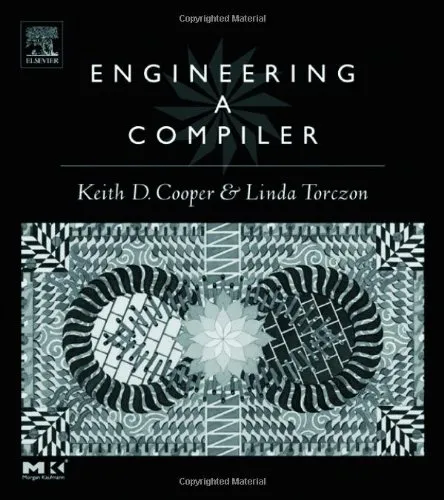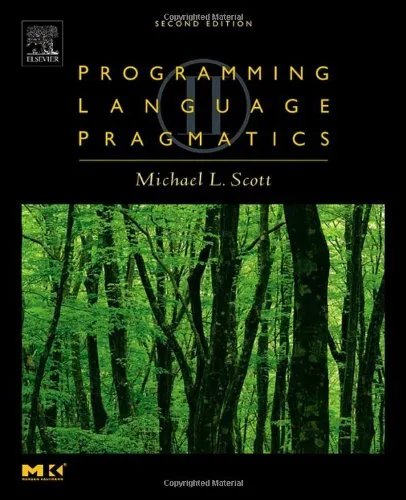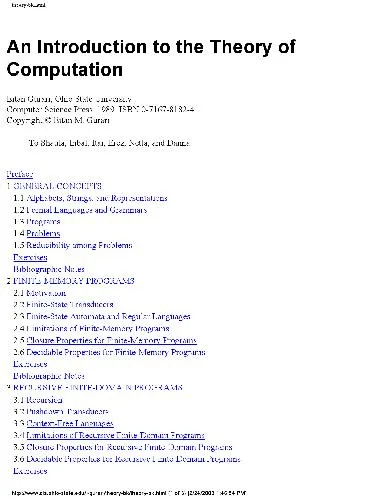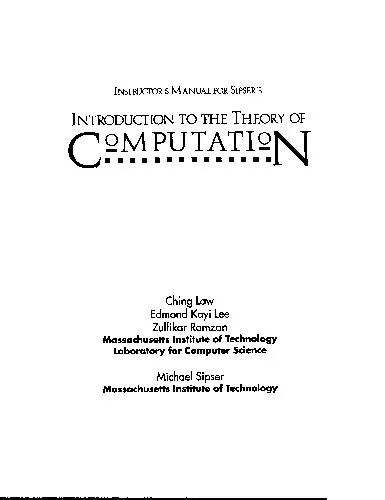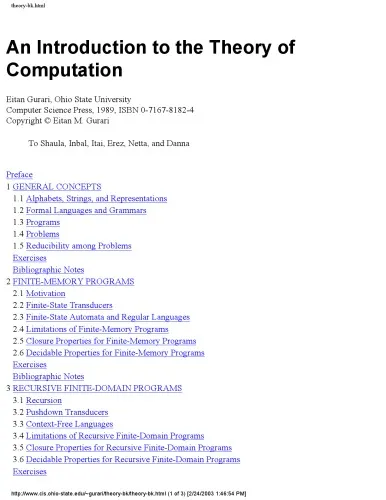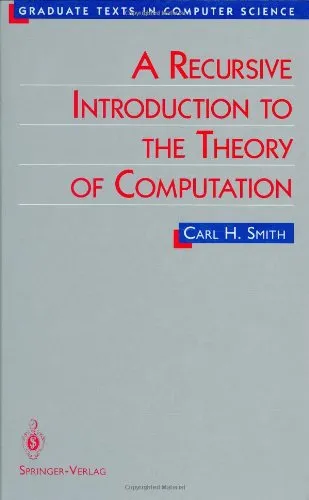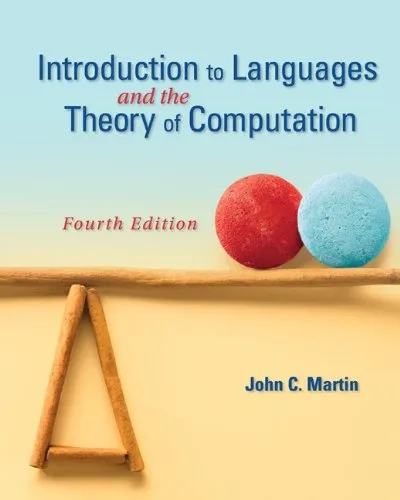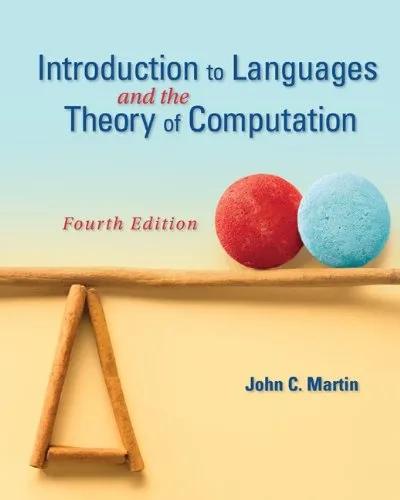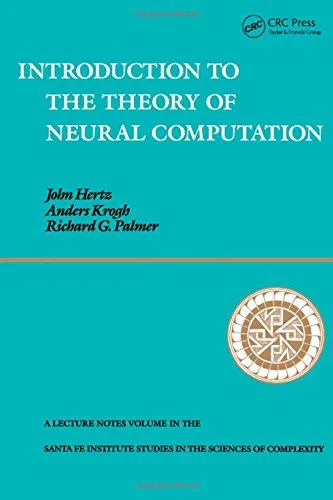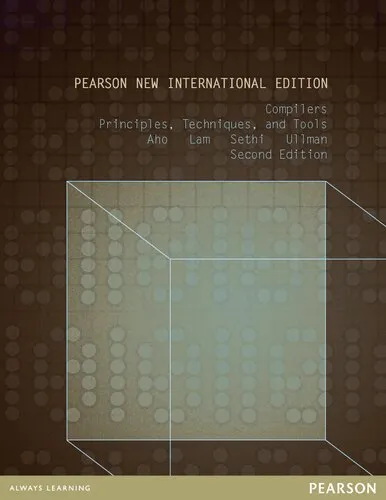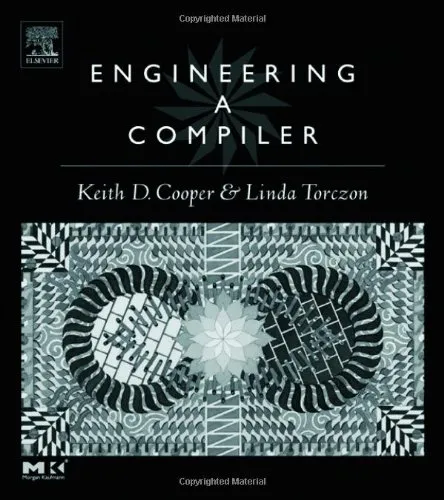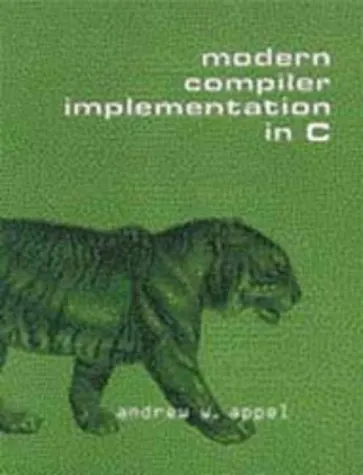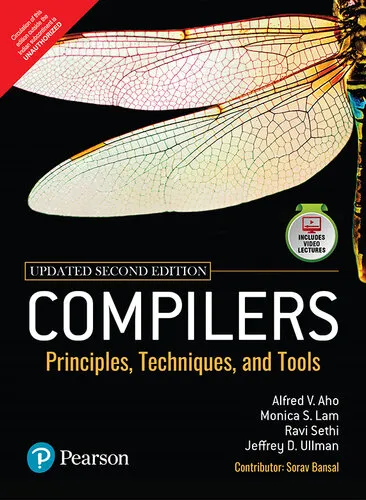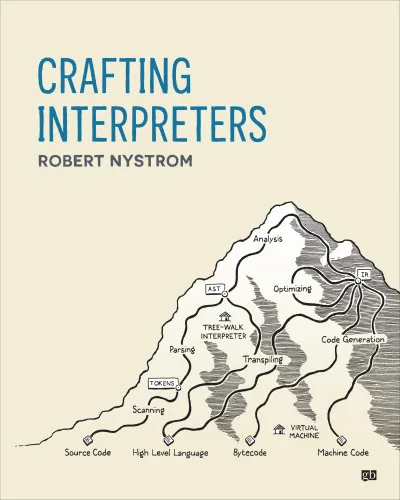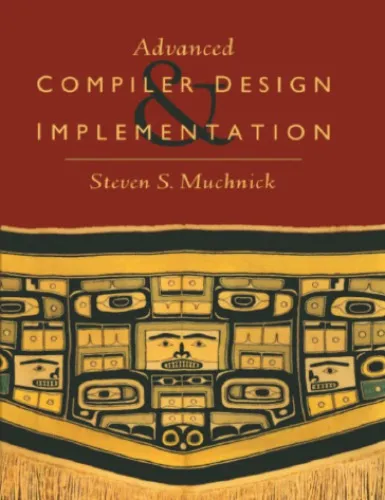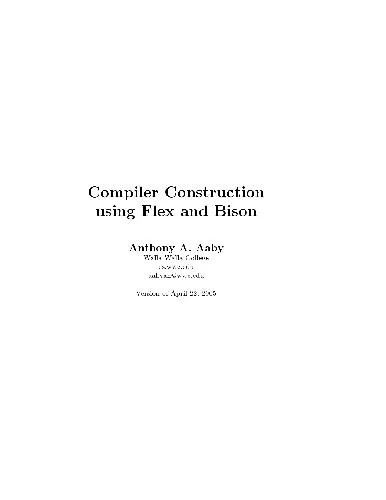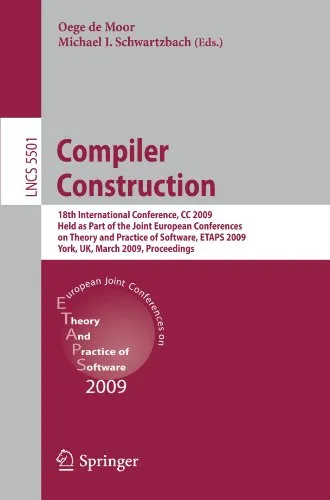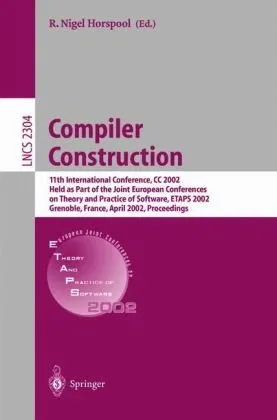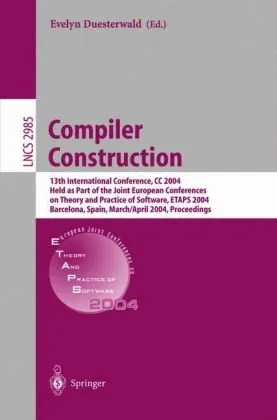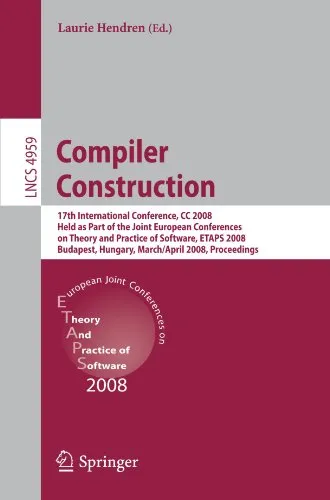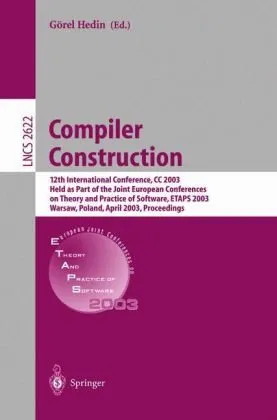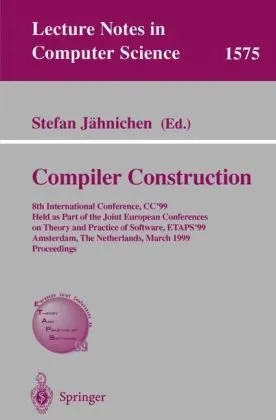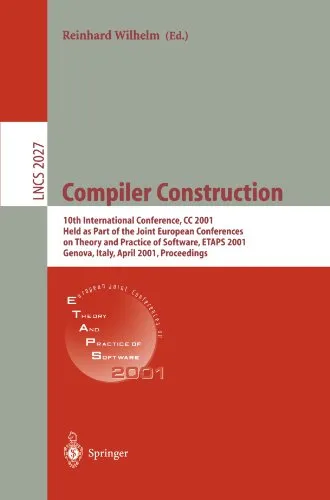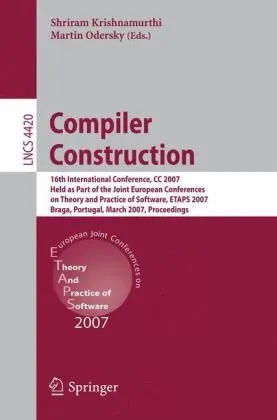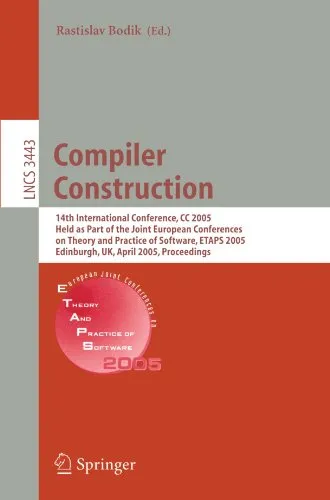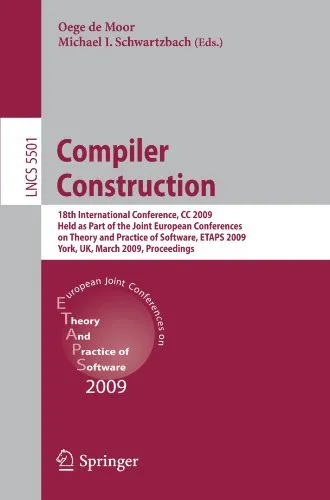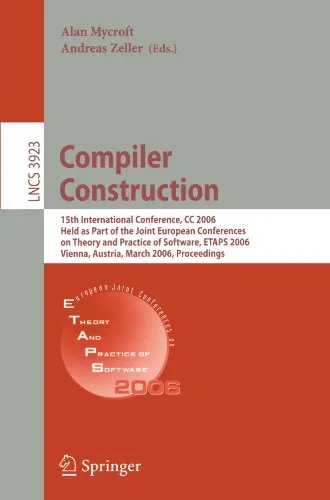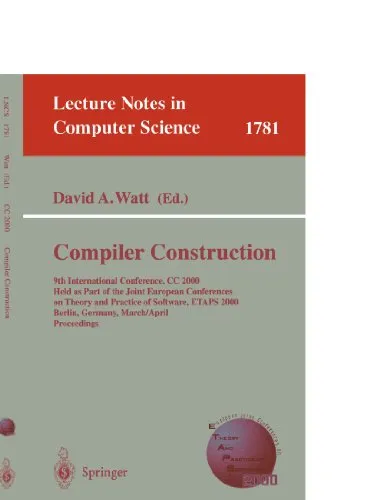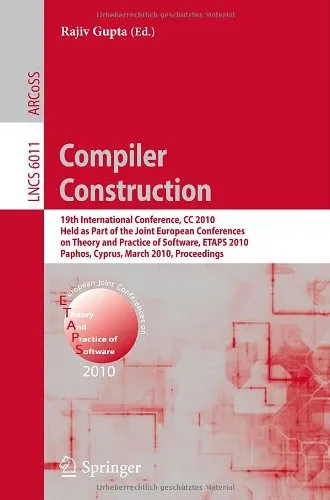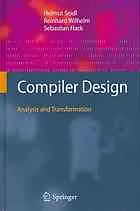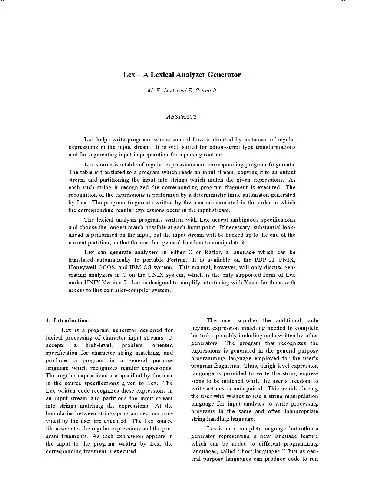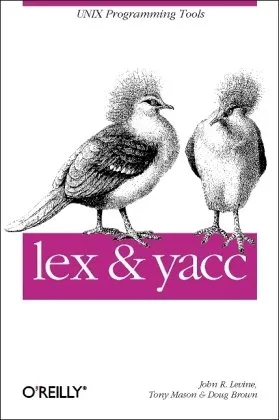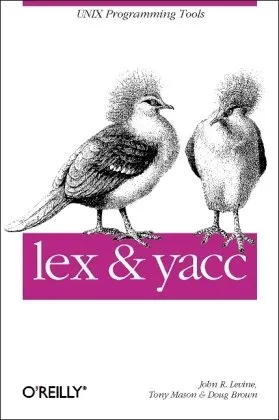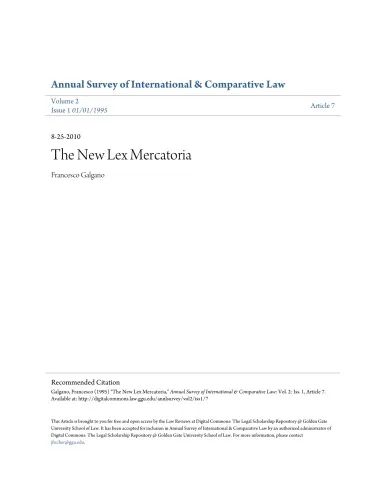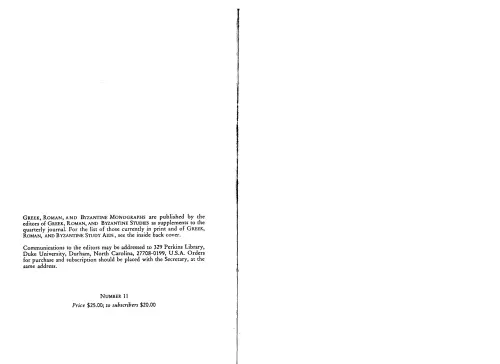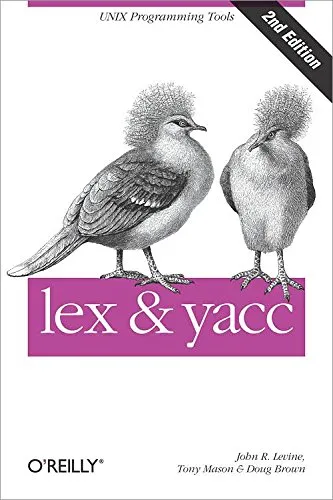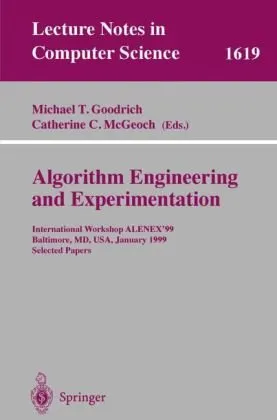Engineering a Compiler
4.6
Reviews from our users

You Can Ask your questions from this book's AI after Login
Each download or ask from book AI costs 2 points. To earn more free points, please visit the Points Guide Page and complete some valuable actions.Related Refrences:
Persian Summary
Introduction to Engineering a Compiler
Welcome to the world of compiler design and development through the lens of "Engineering a Compiler." Authored by Keith D. Cooper and Linda Torczon, this book provides a comprehensive guide for understanding the intricate details of compiler construction. Whether you are a student, educator, or a professional in the field of computer science, "Engineering a Compiler" offers valuable insights into the theoretical foundations and practical implementations of compilers.
Detailed Summary of the Book
The book is structured to provide a methodical exploration of compiler engineering. It starts with the basics, such as lexical analysis and parsing, before delving into more complex topics like optimization and code generation. Alongside presenting mathematical frameworks, the authors focus on the engineering aspects required to build efficient and robust compilers.
The first few chapters establish the groundwork by explaining what compilers are and their role in computer systems. As the chapters progress, there's a detailed look at the front-end processes, which include syntax analysis and semantic actions. The focus then shifts to the back-end processes, particularly addressing data flow analysis, optimization techniques, and code generation strategies.
Real-world examples and case studies are interwoven throughout the text, providing tangible contexts that illustrate theoretical concepts. By the end of the book, readers will not only understand the principles of compiler design but also have a practical sense of how to implement these principles in crafting their own compilers.
Key Takeaways
- Insight into the complete lifecycle of a compiler, from source code to executable binary.
- A balance between theory and practice, ensuring a deep understanding of concepts reinforced by hands-on examples.
- Exploration of modern optimization techniques and their implications for performance.
- Discussion on current trends and future directions in compiler research and development.
Famous Quotes from the Book
"Compilers are among the most crucial components in the software development ecosystem, as they serve as the bridge between human logic and machine execution."
"Optimization is not just about making code run faster; it is an art form that balances speed, memory usage, and maintainability."
Why This Book Matters
"Engineering a Compiler" holds a pivotal place in the educational landscape for several reasons. Firstly, it provides a holistic approach to understanding compilers, capturing both the scientific aspects and the nuanced art of engineering them effectively. The authors, respected figures in computer science, offer clarity on complex topics, making this book an invaluable resource for those seeking both foundational knowledge and practical skills.
In a world increasingly reliant on software performance and efficiency, understanding the workings of compilers is essential for developing optimized applications. This book empowers readers with the capability to construct their own compilers—a crucial skill set for evolving technological landscapes. Moreover, the skills and insights gleaned from this text not only apply to compiler design but also to broader fields such as software engineering, systems architecture, and beyond.
Free Direct Download
You Can Download this book after Login
Accessing books through legal platforms and public libraries not only supports the rights of authors and publishers but also contributes to the sustainability of reading culture. Before downloading, please take a moment to consider these options.
Find this book on other platforms:
WorldCat helps you find books in libraries worldwide.
See ratings, reviews, and discussions on Goodreads.
Find and buy rare or used books on AbeBooks.
1649
بازدید4.6
امتیاز0
نظر98%
رضایتReviews:
4.6
Based on 0 users review
Questions & Answers
Ask questions about this book or help others by answering
No questions yet. Be the first to ask!
